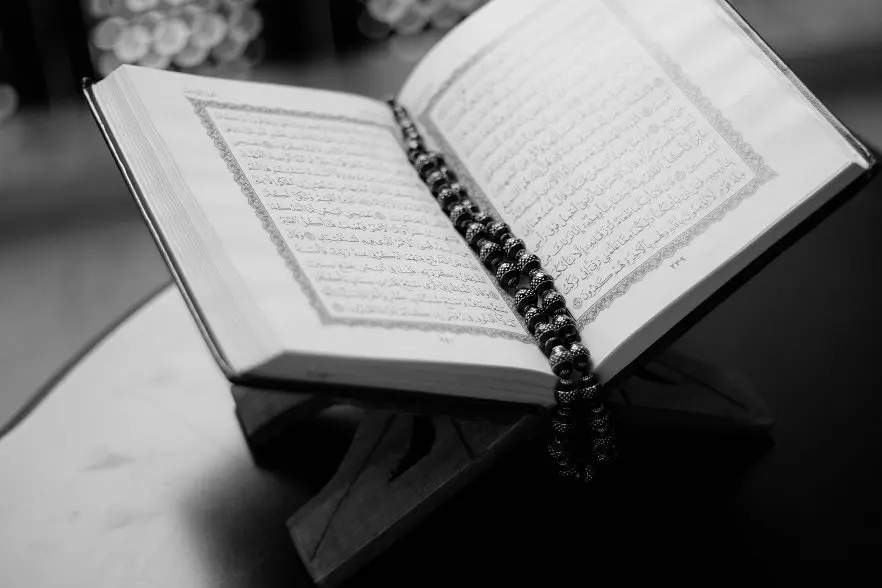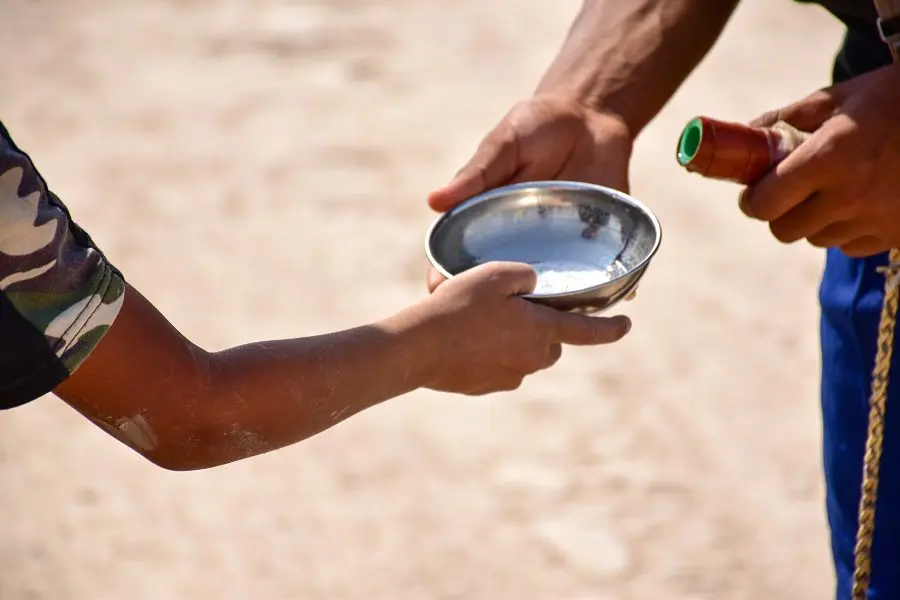Islam is the only religion in the world that eschews alcohol. Under the ban are not only alcohol, but also any substances that intoxicate the mind. Religious schools interpret the term Khamr (Khumūr), which is commonly used to call wine, in different ways. Representatives of liberal movements consider only alcohol from grapes and dates to be forbidden, but the vast majority classify all drinks containing ethanol as harm. Next, we will figure out what rules are established for alcohol in the month of Ramadan, sacred to Muslims.
Alcohol in Islam
Before the adoption of Islam, alcohol was widespread in the Arabian Peninsula. The water in the springs was not very suitable for drinking due to the high content of salts and impurities. If in Europe the common people quenched their thirst with weak beer, then in the Middle East the Arabs preferred weak wine and date mash. A small amount of ethanol destroyed dangerous bacteria, making drinks safer.
However, in a hot climate, long-term storage of mash and tinctures led to the fact that their strength increased, and as a result, the population was seized by wholesale drunkenness. Islam at the dawn of its existence did not provide for the rejection of alcohol, but the prophet Muhammad understood that restrictions were necessary. Prohibitions were introduced gradually to avoid popular unrest.
At the first stage, the mullahs on sermons explained the harm of drunkenness and advocated the rejection of intoxicating drinks. Arabian nomads easily accepted the new rules, as they did not grow grapes and were indifferent to alcohol.
Among the settled inhabitants, verses were actively preached, containing three main postulates:
- there is a “great sin” in wine;
- it is impossible to perform prayer in a state of intoxication, since a drugged person is not responsible for his words;
- All alcohol is the work of Satan.
As a result, wine and date mash were forbidden not only to drink, but also to sell. Stocks found from merchants were confiscated and poured out, and attempts to import alcohol into the cities were mercilessly suppressed.

The Qur’an did not provide for direct punishment for drunkenness, but the hadiths mention that the prophet Muhammad ordered the sinner 40 lashes for violating the prohibitions. Such a punishment for drunkenness is still used in a number of Muslim countries, in particular, in Iran.
Alcohol in Ramadan
The month of Ramadan in Islam is a period of strict fasting and relentless prayers. Every believer at this time should perform pious deeds and be cleansed of sins. Even the most liberal Islamic theologians agree that alcohol is strictly prohibited during the month of Ramadan.
By drinking alcohol, the believer commits a sin in the face of Allah and breaks the fast. At this time, the sale of alcohol in the shops of most Arab countries ceases, and many bars simply close.
Millions of Muslims in Ramadan eat and drink only at sunset and take steps towards spiritual purification. However, in Egypt, Turkey, Tunisia and a number of other enlightened Arab countries, a layer of so-called “secular” Muslims has formed, who perceive religious dogma as a tradition and do not adhere to strict prohibitions. It is widely believed in liberal circles that moderate drinking is not such a significant sin, and among those who formally fast, there are many who drink alcohol at night.

Sale of alcohol in Ramadan
It is extremely difficult for atheists and agnostics to find alcohol during Ramadan, so during the week before fasting, shops in the Arab world traditionally experience a boom in sales. In Cairo, locals are storming Drinkies liquor stores, where they are buying crates of beer and filling unmarked black plastic bags with bottles of vodka. During Lent, the chain closes, but those who want to drink can visit secret night bars known only to the insiders.
The United Arab Emirates in November 2020 lifted the ban on the sale of alcohol during Ramadan. In Dubai, for the past four years, a special regime has been in place for bars and restaurants that have applied for work during the fast.
With the permission of the authorities, such establishments continued to serve visitors and sell food and alcohol. In connection with the amendments to the law, the country’s tourism department issued an appeal in which he called on guests to respect Muslim traditions and not openly demonstrate facts of Sharia violations.










AsSalam 3likoum a Rahmatullah, vorrei fare una domanda, circa 1 settimana fa una persona ha mangiato una torta al cioccolato, e sugli ingredienti c’era scritti “alcool” io la torta non lo mangiata perché non consumo alcolici. Dopo che questa persona ha mangiato questa torta ha preso 4 patatine alla paprika in una busta, il giorno dopo sono andato a prendere 2 patatine nella stessa busta, ora ho paura che io abbia subito un alcolico, anche se non ho sentito ne il gusto dell’alcol ne niente. Ho chiesto a mia madre e mi ha detto non aver paura che non succede niente, e mi ha detto è grave solo se bevi alcolici direttamente, ad esempio in discoteca o con amici…Mi sapete dire se va bene o no?